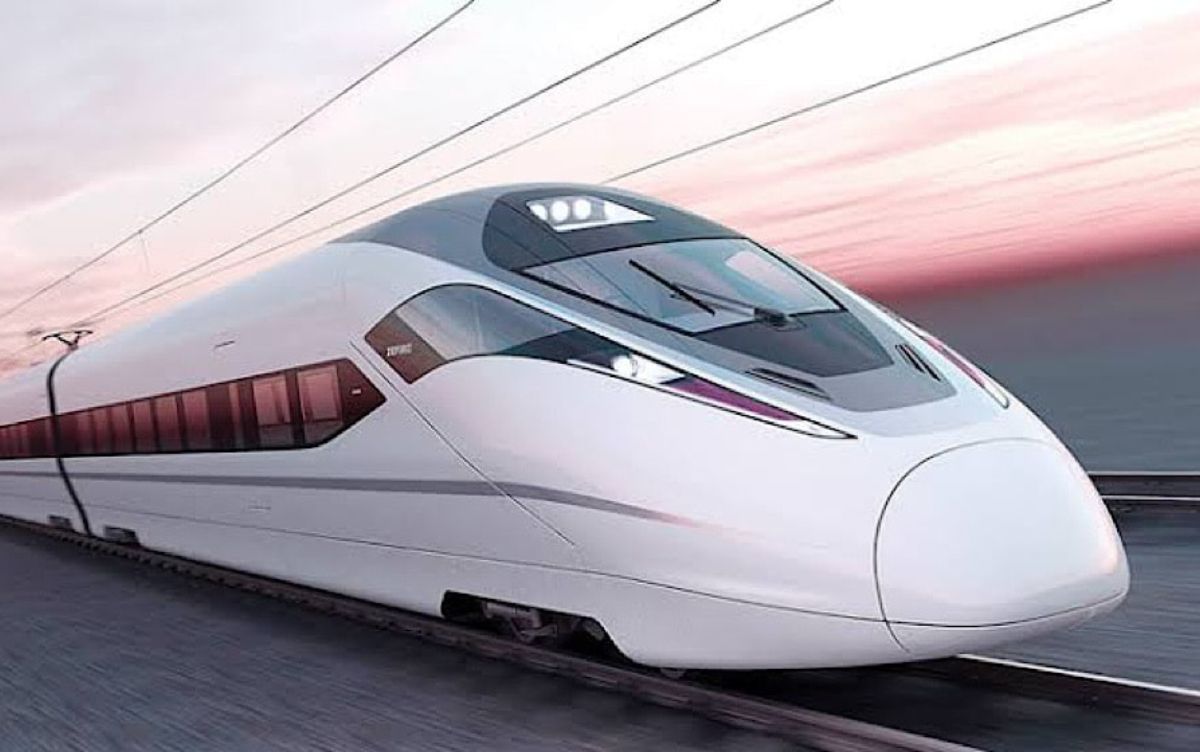Transforming travel: Karachi-Lahore bullet train set for 2030
Pakistan Railways has unveiled an ambitious high-speed bullet train project that will link Karachi and Lahore by 2030, slashing travel time from nearly 20 hours to just five. The 1,215-kilometre track, part of the $6.8 billion ML-1 upgrade under CPEC, will support trains running at 250 km/h with major stops in Hyderabad, Multan, and Sahiwal.
 P.c. China Pakistan Economic Corridor
P.c. China Pakistan Economic Corridor
The project, backed by Chinese expertise through the China Railway Construction Corporation, will feature double tracks, rebuilt bridges, and advanced signalling systems. Railways Minister Hanif Abbasi described it as a visionary step that will transform connectivity, stimulate economic growth, and create thousands of jobs across the country. With increased freight capacity, Pakistan’s rail freight share is expected to rise from 4% to 20% by 2030, reducing dependence on costly road transport and lowering billions in fuel imports.
Parallel to this, Punjab Chief Minister Maryam Nawaz Sharif has approved a Lahore–Rawalpindi bullet train project, which promises a travel time of just 2.5 hours. The Asian Development Bank is also preparing a $2 billion upgrade of the Karachi–Rohri rail corridor, essential for transporting copper ore from the Reko Diq mine, with a consortium deal anticipated soon.
Additionally, Pakistan Railways is rolling out a nationwide digitisation programme, which includes computerised interlocking at key junctions, a digital microwave radio system for the Karachi–Lahore line, and Push-to-Talk digital networks. Officials say these combined initiatives mark a new era for Pakistan’s railway sector, reshaping travel, trade, and economic integration with modern high-speed rail infrastructure.